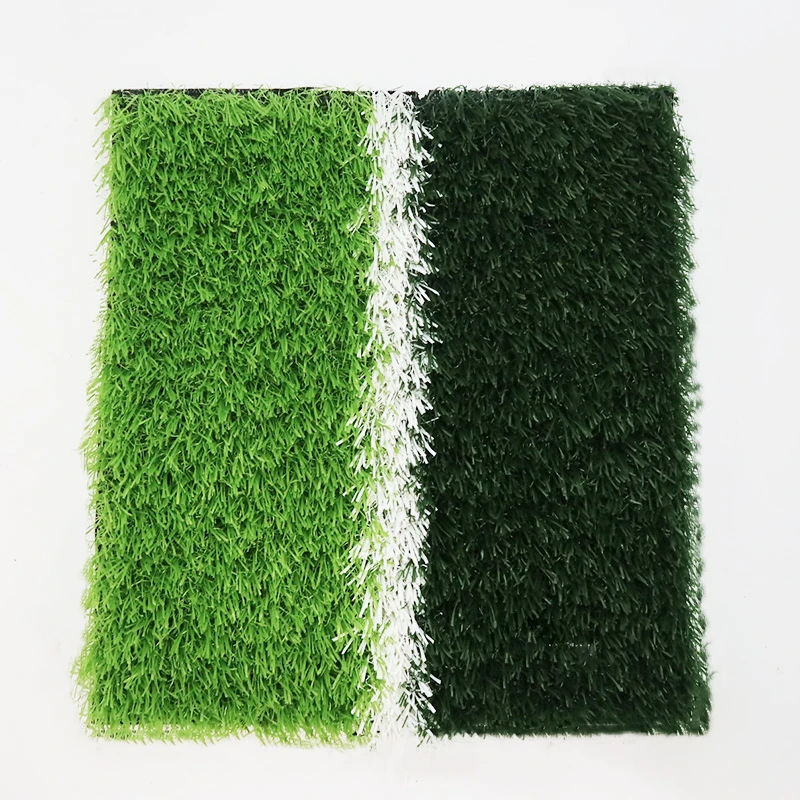
- Afrikaans
- Arabic
- Belarusian
- Bengali
- Czech
- Danish
- Dutch
- English
- Esperanto
- Estonian
- Finnish
- French
- German
- Greek
- Hindi
- Hungarian
- Icelandic
- Indonesian
- irish
- Italian
- Japanese
- kazakh
- Rwandese
- Korean
- Kyrgyz
- Lao
- Latin
- Latvian
- Malay
- Mongolian
- Myanmar
- Norwegian
- Persian
- Polish
- Portuguese
- Romanian
- Russian
- Serbian
- Spanish
- Swedish
- Tagalog
- Tajik
- Thai
- Turkish
- Turkmen
- Ukrainian
- Urdu
- Uighur
- Uzbek
- Vietnamese
artificial grass installation
Dec . 12, 2024 18:07 Back to list
The Basics of Artificial Grass Installation Transforming Your Outdoor Space
In recent years, artificial grass has emerged as a popular alternative to natural lawn due to its many advantages. Low maintenance, durability, and a lush, green appearance all year round make it an attractive option for homeowners and businesses alike. If you've decided to install artificial grass, this guide will walk you through the essential steps to achieve a professional-looking result.
Planning and Preparing Your Space
Before you dive into the installation process, proper planning is crucial. Start by measuring the area where you will install the artificial grass. This measurement will help you determine how much turf you need to purchase. Keep in mind that manufacturers often provide recommendations for cutting and joining the pieces, so be sure to reference those guidelines.
Next, consider the drainage and the surface preparation. If your installation site has poor drainage, you may want to enhance it before laying down the artificial grass. This can include adding gravel or sand to facilitate water flow. Additionally, ensure the ground is level, removing any debris, rocks, or old grass.
Choosing the Right Artificial Grass
Artificial grass comes in various materials, textures, and colors, so it's essential to choose the right product that suits your needs. Consider factors such as the amount of foot traffic the area will receive, the climate, and the aesthetics you want to achieve. Some products are specifically designed for pet owners, while others are ideal for sports fields or decorative purposes.
Tools and Materials You Will Need
To successfully install artificial grass, gather the necessary tools and materials beforehand. Typically, you will need
- Artificial grass rolls - Landscape fabric - Utility knife - Decomposed granite or crushed rock (for base layer) - A rake - A tamper or compactor - Adhesive (if necessary) - Infill material (such as silica sand or rubber granules) - Straight edge for cutting
Having the right tools will streamline the installation process and ensure a high-quality finish.
The Installation Process
artificial grass installation

1. Prepare the Base Start by excavating the area to a depth of about three to four inches. This depth allows room for the base material and the artificial grass itself. Once the area is dug out, level it using a rake and compact it down using a tamper or compactor.
2. Lay Landscape Fabric After tamping down the base, lay down landscape fabric to prevent weeds from growing through your new lawn. This barrier will also help with drainage.
3. Add Base Material Spread a layer of decomposed granite or crushed rock over the landscape fabric. Rake it out evenly and compact it again to create a stable surface.
4. Cut and Lay the Artificial Grass Unroll the artificial grass and lay it over the prepared base. Allow it to acclimate for a few hours before cutting, so you minimize the chances of wrinkling.
5. Seam and Join the Edges If your project requires multiple rolls, you’ll need to join them together. Use a utility knife to trim the edges so they fit well together. If necessary, apply adhesive to hold the seams in place, ensuring a smooth transition between sections.
6. Secure the Grass With the grass laid out and the seams secure, it’s time to fix the edges. You can use landscape staples to anchor the grass down at the perimeter, ensuring it stays in place despite wind or foot traffic.
7. Add Infill To enhance the appearance and durability of the artificial grass, spread infill material evenly across the surface. This helps the blades stand upright and provides additional cushioning underfoot.
8. Final Touches After the infill is applied, use a broom or hard-bristled brush to evenly distribute it throughout the grass, making sure it gets into all the fibers. Finally, give your new lawn a thorough watering to help settle the infill.
Maintenance and Care
While artificial grass is low maintenance, it is not maintenance-free. Regularly remove debris, such as leaves or twigs, and occasionally brush the grass to keep it looking its best. Check for any damaged areas and address them promptly to maintain the appearance and longevity of your artificial lawn.
Conclusion
Installing artificial grass can significantly enhance the aesthetic appeal of your outdoor space while providing a functional and durable solution. By following these steps and taking the time to do it right, you’ll enjoy a beautiful, lush lawn that requires minimal upkeep for years to come. Whether it's for a backyard oasis, a pet-friendly area, or a commercial property, artificial grass is undoubtedly a worthwhile investment.
-
The Benefits of Artificial Turf for Indoors
NewsJul.15,2025
-
How Artificial Grass Suppliers Ensure Quality Products
NewsJul.15,2025
-
Artificial Grass and Pets: A Space for Relaxation
NewsJul.08,2025
-
Balcony & Outdoor Decoration with Artificial Grass
NewsJul.08,2025
-
Best Indoor Artificial Grass for Home
NewsJul.07,2025
-
Best Pet Turf for Dogs: Safe & Durable Artificial Grass Options
NewsJul.07,2025
Products categories









